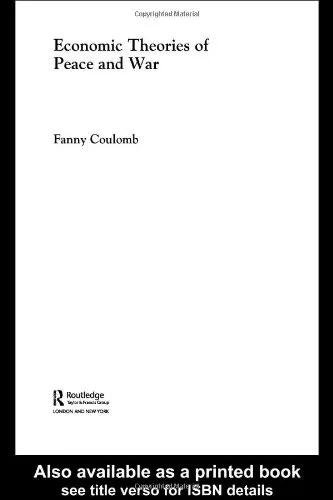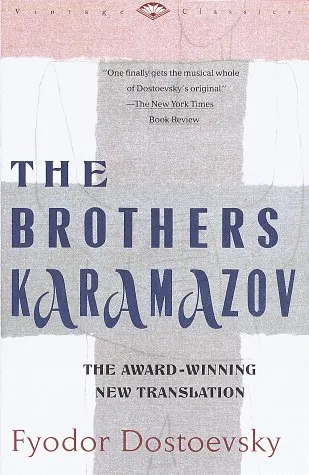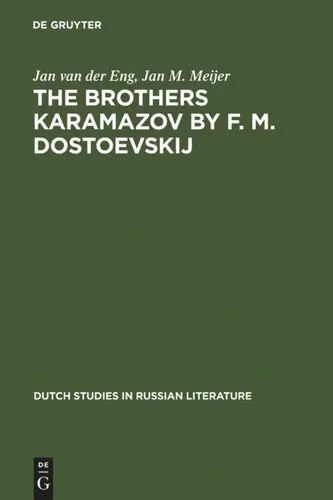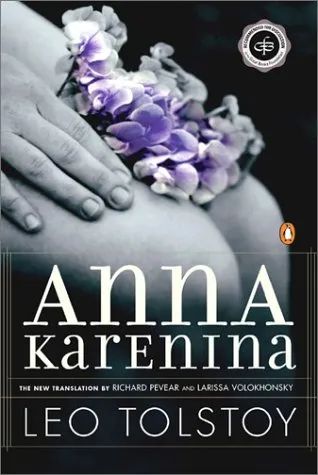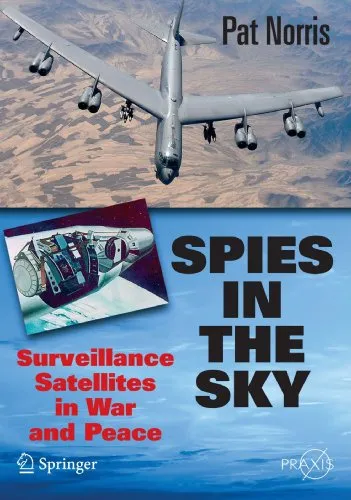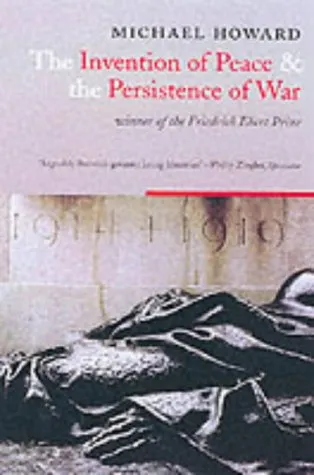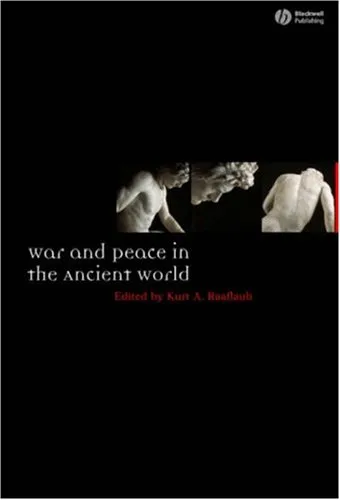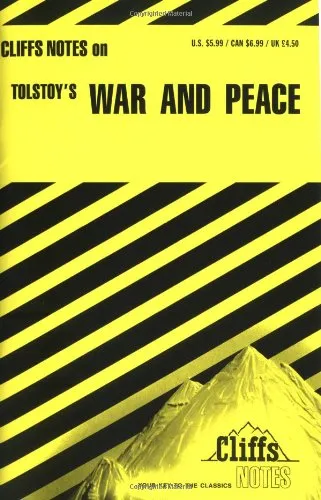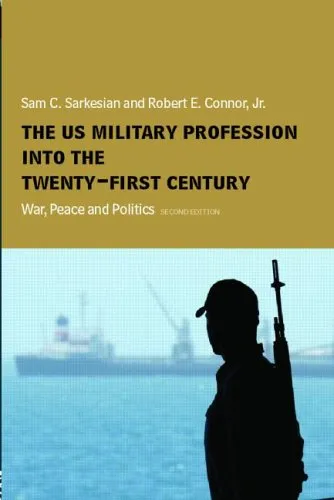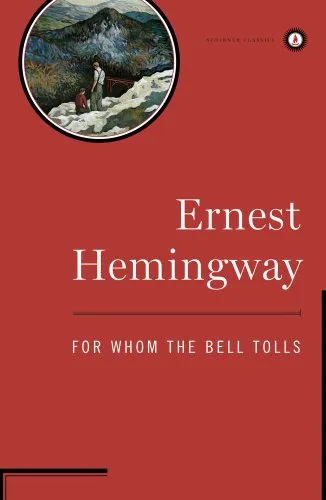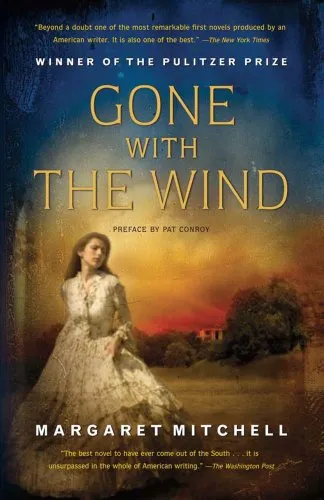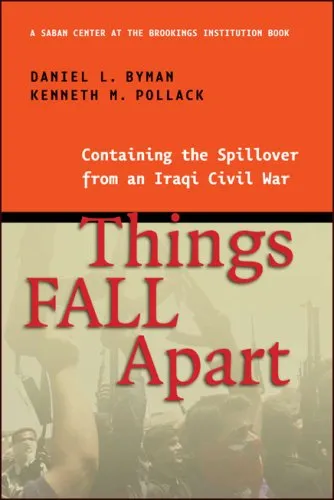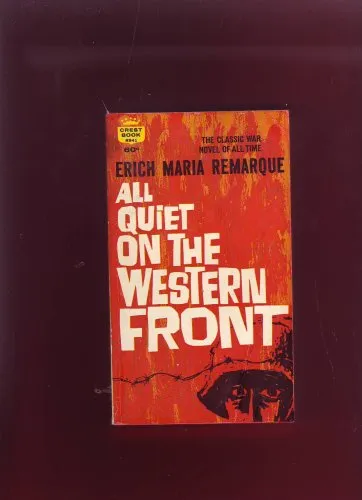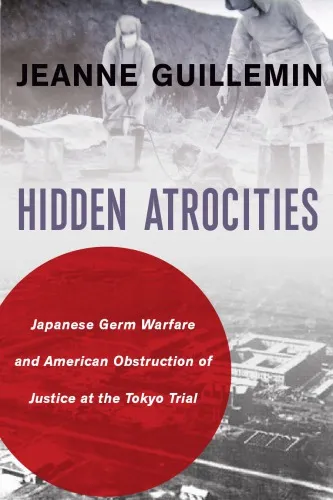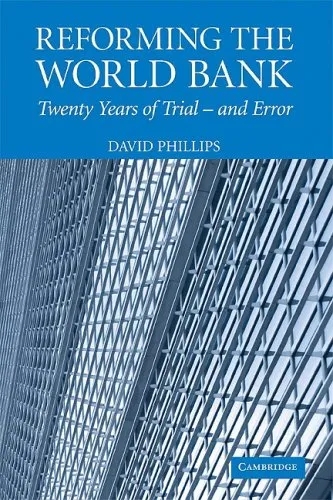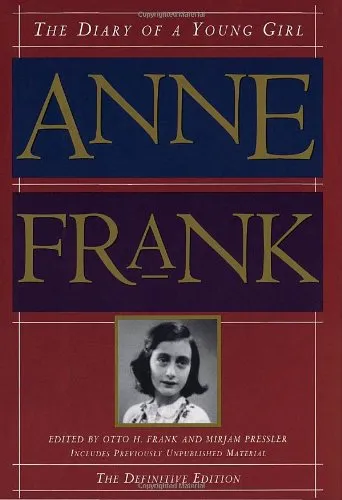Economic Theories of Peace and War
4.0
بر اساس نظر کاربران

شما میتونید سوالاتتون در باره کتاب رو از هوش مصنوعیش بعد از ورود بپرسید
هر دانلود یا پرسش از هوش مصنوعی 2 امتیاز لازم دارد، برای بدست آوردن امتیاز رایگان، به صفحه ی راهنمای امتیازات سر بزنید و یک سری کار ارزشمند انجام بدینکتاب های مرتبط:
معرفی کتاب "Economic Theories of Peace and War"
کتاب "Economic Theories of Peace and War" نوشتهی Fanny Coulomb به بررسی نقش اساسی که اقتصاد در فرآیندهای صلح و جنگ دارد، میپردازد. این کتاب به شکلی جامع تئوریهای اقتصادی را که در طول تاریخ به کنترل و تصوراتی دربارهی صلح و جنگ پرداختهاند، تحلیل میکند.
خلاصهای از کتاب
در این کتاب، نویسنده به تحلیل عمیقی از تئوریهای مختلف اقتصادی میپردازد که در رابطه با صلح و جنگ در طول تاریخ مطرح شدهاند. این تحلیل شامل تحقیقات و دیدگاههای اقتصاددانان برجسته بوده و به بررسی چگونگی تاثیرگذاری عواملی نظیر منابع طبیعی، روندهای اقتصادی و سیاستهای دولتی در ایجاد یا جلوگیری از جنگها میپردازد.
در فصلهای مختلف، بحثهایی دربارهی تاثیر Globalization، تجارت بینالمللی، و سیاستهای اقتصادی مشترک بر کاهش یا افزایش تنشها و درگیریها ارائه شده است. نویسنده تلاش کرده است تا نشان دهد که چگونه سیستمهای اقتصادی و سیاستهای مالی میتوانند به تأمین امنیت و صلح جهانی کمک کنند.
نکات کلیدی
- تحلیل تئوریهای اقتصادی مرتبط با صلح و جنگ
- بررسی تاثیرات سیاستهای اقتصادی بر امنیت جهانی
- نقش Globalization و تجارت در کاهش تنشها
- ارزیابی کاربردهای عملی تئوریهای صلح و جنگ در سیاستگذاری
نقلقولهای مشهور از کتاب
"اقتصاد نه تنها وسیلهای برای ایجاد ثروت بلکه وسیلهای برای ایجاد صلح پایدار است."
"تئوریهای اقتصادی میتوانند هم به عنوان ابزار جنگ و هم به عنوان ابزار صلح عمل کنند، نه تنها بنا به حالتی که به آنها اعمال میشوند بلکه به دلیل شرایط محیطی که در آنها مورد استفاده قرار میگیرند."
چرا این کتاب مهم است؟
"Economic Theories of Peace and War" یکی از منابع عمده برای افرادی است که به دنبال درک ارتباط میان اقتصاد و علوم سیاسی هستند. این کتاب با فراهم آوردن تحلیلی جامع از تئوریهای مختلف اقتصادی و بررسی کاربردهای عملی آنها، بستری مناسب برای دانشجویان، پژوهشگران و سیاستگذاران فراهم میآورد که درک عمیقتری از نقش اقتصاد در فرآیندهای صلح و جنگ داشته باشند. همچنین، با ارائهی دیدگاههای تاریخی و مدرن، این کتاب به خوانندگان کمک میکند تا الگوهای موجود در سیاستهای جهانی را شناسایی و تحلیل کنند.
Welcome to the compelling exploration of the intersection between economics and international relations in "Economic Theories of Peace and War." This book delves deep into how economic frameworks shape the dynamics of peace and conflict across the globe. The objective is to provide readers with not only a theoretical understanding but also practical insights into these critical issues.
Detailed Summary of the Book
The book "Economic Theories of Peace and War" embarks on a comprehensive journey through the historical and contemporary perspectives of economic theories as they pertain to global peace and conflict. It begins by setting the stage with classical economic theories that sought to explain war economies and the financial implications of peace. The narrative then transitions into different schools of thought, exploring how these economic views have evolved in response to global political changes and technological advancements.
The author meticulously examines seminal economic theories, highlighting key proponents and critics in each chapter. With a focus on the role of government policies, international trade, and global markets, the book clarifies how these factors can act as both catalysts and deterrents in the context of war and peace.
Moreover, the book features case studies and analyses of historical conflicts and peace treaties, allowing readers to understand the real-world application of these theories. This empirical approach offers insights into the efficacy of economic sanctions, military spending, and international aid in achieving peace or prolonged conflict.
Key Takeaways
- The interconnectedness of global economies means that the economic impact of war and peace decisions can be far-reaching and complex.
- The role of multinational corporations and global trade is crucial in understanding peace economics, as they can both support and undermine regional stability.
- Economic incentives and sanctions are double-edged swords that can either foster cooperation or exacerbate tensions depending on their application.
- Sustainable peace requires not just a cessation of hostilities but also economic stability, which relies heavily on sound economic policies.
Famous Quotes from the Book
"Economics not only predicts war; it prepares for peace."
"The true cost of war is paid not on the battlefield, but in the disrupted economies and shattered lives of its aftermath."
Why This Book Matters
"Economic Theories of Peace and War" stands out in the field of international relations and economics because it offers a distinctive blend of theory and practice. It addresses a pressing need for policy-makers, scholars, and students alike to understand the economic underpinnings of global peace and conflict.
In an era where economic policies often shape foreign affairs more than military prowess, this book offers invaluable insights into how economic strategies can be utilized to promote sustainable global peace. The thorough research and empirical data presented make this work an essential read for anyone looking to grasp the complex yet vital relationship between economics and geopolitical stability.
Moreover, the book's accessible language and structured analysis make it an ideal resource for both academics and practitioners interested in cultivating a nuanced understanding of the role economics play in war and peace.
دانلود رایگان مستقیم
شما میتونید سوالاتتون در باره کتاب رو از هوش مصنوعیش بعد از ورود بپرسید
دسترسی به کتابها از طریق پلتفرمهای قانونی و کتابخانههای عمومی نه تنها از حقوق نویسندگان و ناشران حمایت میکند، بلکه به پایداری فرهنگ کتابخوانی نیز کمک میرساند. پیش از دانلود، لحظهای به بررسی این گزینهها فکر کنید.
این کتاب رو در پلتفرم های دیگه ببینید
WorldCat به شما کمک میکنه تا کتاب ها رو در کتابخانه های سراسر دنیا پیدا کنید
امتیازها، نظرات تخصصی و صحبت ها درباره کتاب را در Goodreads ببینید
کتابهای کمیاب یا دست دوم را در AbeBooks پیدا کنید و بخرید
1482
بازدید4.0
امتیاز0
نظر98%
رضایتنظرات:
4.0
بر اساس 0 نظر کاربران
Questions & Answers
Ask questions about this book or help others by answering
No questions yet. Be the first to ask!
